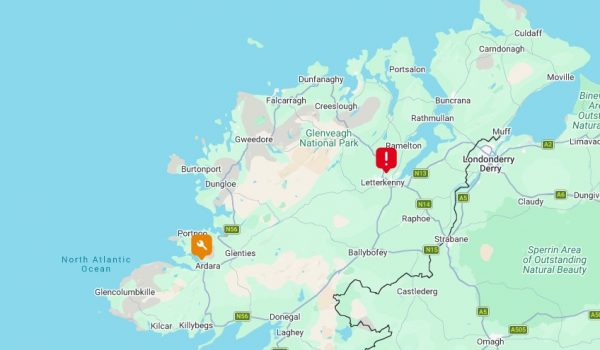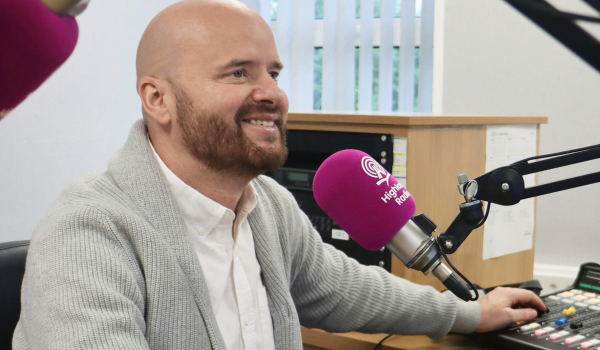
Visitor restrictions remain in place at Letterkenny University Hospital after a couple of patients were diagnosed with antibiotic resistant bug CPE.
The minor outbreak has led to the restrictions only being imposed on Medical Ward 5.
The visitor restrictions, while regrettable for patients and their families, have been deemed necessary in the interests of patient care.
The infection prevention and control measures in place include appropriate patient placement, deep cleaning, environmental remedial works and enhanced CPE surveillance.
The situation is being monitored closely and the visiting restrictions will be lifted as soon as possible, based on local assessment.
A number of beds are closed to admissions in Medical Ward 5 as part of on-going control measures and this has contributed to longer waits for some patients who need to be admitted.
Members of the public are asked to attend the Emergency Department only in the case of real emergencies and they should contact their GP or GP Out-of-Hours service in the first instance.
What can patients do to prevent the spread of CPE?
Hand hygiene is extremely important to prevent spread of CPE. The most important thing patients and visitors can do it clean their hands regularly, especially after using the toilet and before eating and drinking. Patients who have been in contact with CPE are nursed with extra precautions, such as gloves and aprons, to prevent spread to others. They will also use a specific toilet or commode.
What is CPE?
• Enterobacteriaceae are bacteria that live harmlessly in the gut of humans and for most patients who carry CPE it never causes any illness. This is called colonisation or carriage. If these bacteria get into the wrong place, such as the bloodstream or bladder, they can cause infections. Carbapenemases are enzymes or chemicals produced by these CPE bacteria which enable them to destroy carbapenem antibiotics, one of the most powerful types of antibiotic.
• It is often difficult to say exactly where a patient has picked up CPE, but there is a definite increased chance of picking up these bacteria if you have been in a hospital either in Ireland or abroad, or if you have been in contact with a carrier elsewhere.
- Fri, 13 Feb 2026
- (+353) 07491 25000
- (+353) 086 60 25000





